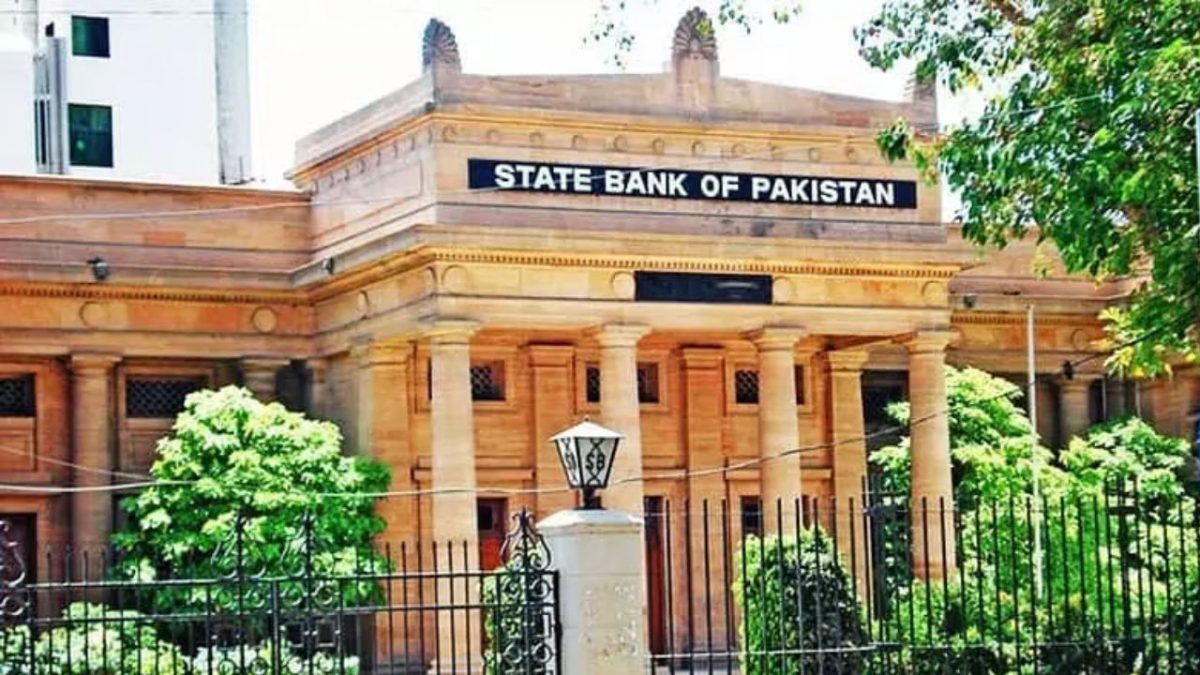Even as Pakistan’s top crypto official inks a deal with the crypto firm linked to the Donald Trump family, the country’s central bank as well as the finance ministry have clarified that the digital asset remains “banned”.
In a move being hailed as ‘strategic’, Pakistan Crypto Council CEO Bilal Bin Saqib on Wednesday (May 28) announced the establishment of the country’s first government-backed Strategic Bitcoin reserve. In April, the council also inked a deal with the World Liberty Financial Inc (WLFI), a crypto firm in which the majority of the stakes are held by Trump’s sons.
However, on Thursday (May 29), the State Bank of Pakistan (SBP) and the finance ministry clarified that all cryptocurrency transactions remain illegal under current regulations, leading to confusion among lawmakers.
“There will be a legal framework only when the government formally takes a decision, but the current legal status is that crypto is not a legal tender in Pakistan,” said Finance Secretary Imdadullah Bosal during a meeting of the National Assembly’s Standing Committee on Finance and Revenue.
Committee expresses concerns over policy paralysis
The standing committee raised concerns over confusion in the government’s approach. It highlighted how people were being encouraged to buy crypto assets even as the digital currency remained banned, putting investors in a fix.
Committee member Mohammad Mobeen also questioned why the government was handling the crypto matters and not the SBP.
He also highlighted policy inconsistency, arguing that the government had allocated power capacity for mining operations even as the cryptocurrency remained illegal.
Threat to Pakistan’s financial stability
Notably, another member Shahram Tarakai warned that the country’s foreign exchange may flow out of Pakistan through crypto, further destabilising the cash-strapped economy.
Concerns regarding the participation of the private sector and illegal hawala channels were also raised.
Impact Shorts
More ShortsAccording to media reports, Pakistan’s Financial Monitoring Unit (FMU) was still prosecuting crypto-related cases and referring them to law enforcement agencies for further action.
The committee further raised the lack of global acceptance of the cryptocurrency, highlighting how El Salvador was the only country with legalised cryptocurrency in the world, and even that nation was reconsidering the decision.
Member of National Assembly (MNA) Sharmila Farooqi argued that the country immediately needed to regulate crypto to prevent money laundering, especially after its exit from the Financial Action Task Force’s grey list.


)

)
)
)
)
)
)
)
)



